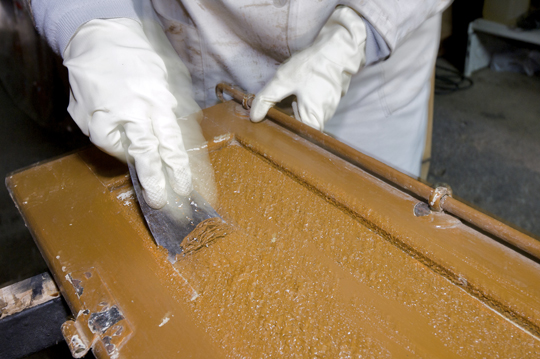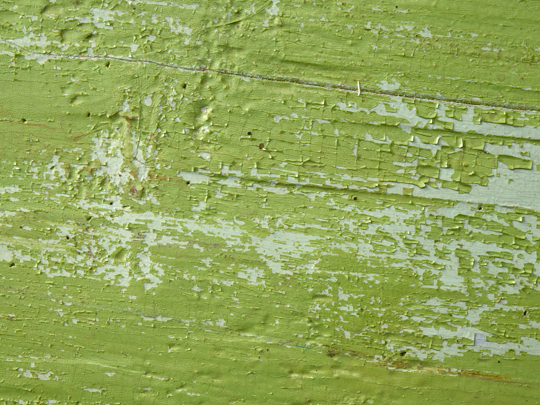We’ve all been there. Ten years ago, that orange and black striped theme for the living room really sounded good, right? But now, it’s not quite as appealing as you’d hoped. You need to start again, but the colors are so bold that painting over them is tough.
Trying to remove paint can be quite a challenge. Chemical paint strippers can make the process easier, but with all of the chemicals mixed into them, you might find yourself asking: Are chemical paint strippers harmful?
Here’s some information about chemical paint strippers that might come in handy when deciding if you should use them.
Origins: Chemical paint strippers became popular for removing old, lead-based paint without spreading the lead around the room like other techniques might. Although they are popular for keeping us safe from a harmful substance, it must be understood that they include chemicals in their make-up as well.
Chemicals: Different strippers have different chemicals in them, but most of them include some amount of methylene chloride and other abrasive chemicals which can cause paint to peel off. This chemical is typically considered by doctors to be harmful to your health if ingested.
Proper Precautions: Although the chemicals in paint strippers can be harmful, as long as you follow the proper precautions, your health will not be at serious risk.
1. Go outside. Using a chemical paint stripper indoors lets the chemicals build up in your breathing space, thus contaminating the air. If you can take the object you have stripped outside, then do it. If not, open all windows, and turn on fans to help the chemicals blow outside. Also, take many breaks for fresh air.
2. Protect yourself. Wear a good quality breathing mask, goggles, gloves, and long sleeves or pants.
3. Stay focused. Do not eat, drink, smoke, or otherwise ingest anything while using the chemical stripper. If you accidentally get the stripper on your skin or face, wash it off immediately.
Should You Use Chemical Paint Strippers?
Are chemical paint strippers harmful? Well, they can be harmful. If you’re pregnant or unable to follow the suggested safety procedures, then you should not use them. But as long as you do it the right way, you should be able to remove the paint easily and effectively. If you need professional assistance, TalkLocal can connect you with painters in your area who can help. Our service is fast and free.






